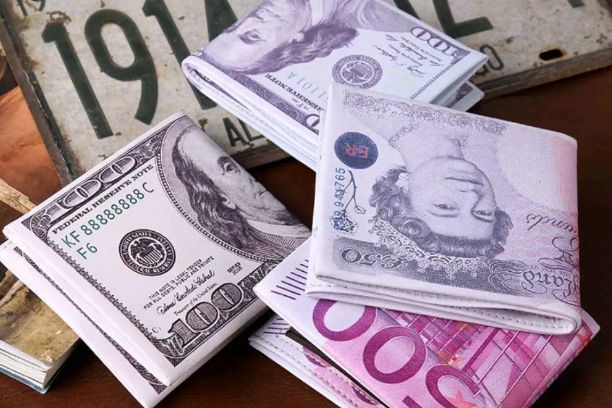GBP/USD trades lower around 1.3300, retreats from seven-month highs due to US optimism

GBP/USD weakened as the US Dollar was buoyed by a more optimistic tone from US President Donald Trump.
US President Donald Trump helped calm markets by clarifying he has no intention of removing Fed Chair Jerome Powell.
The Pound Sterling struggles due to investor caution about the Bank of England’s monetary policy outlook.
GBP/USD extended its losses during Wednesday’s Asian session, trading around 1.3300 after pulling back from a seven-month high of 1.3424 recorded in the previous session. The pair weakened as investor appetite shifted back toward US assets, including the US Dollar (USD), buoyed by a more optimistic tone from US President Donald Trump.
President Trump helped ease market concerns by affirming his support for Federal Reserve (Fed) Chair Jerome Powell, stating, “The press runs away with things. No, I have no intention of firing him. I would like to see him be a little more active in terms of his idea to lower interest rates.”
Further improving sentiment, US Treasury Secretary Scott Bessent described the ongoing trade conflict with China as "unsustainable" and voiced confidence in resolving it. Although formal negotiations have yet to begin, Bessent reportedly told attendees at a private JP Morgan Chase & Co. event in Washington that a deal may soon be achievable.
Trump reinforced this optimism, highlighting progress in trade talks with China. While he dismissed the prospect of steep tariff increases—clarifying that tariffs would not climb to 145%—he also stated that existing tariffs would remain in place for the time being.
Meanwhile, the Pound Sterling (GBP) remains under pressure as investors grow more cautious about the Bank of England’s (BoE) monetary policy outlook, particularly in light of international trade tensions driven by Trump’s administration. Speculation is mounting that the BoE may opt to cut interest rates at its May policy meeting due to ongoing global economic uncertainty.
Adding to the pressure, the UK’s trade relationship with the US is in flux after the Trump administration imposed 10% reciprocal tariffs and 25% levies on steel and foreign cars. While a trade deal remains possible, current dynamics weigh on GBP sentiment.
* The content presented above, whether from a third party or not, is considered as general advice only. This article should not be construed as containing investment advice, investment recommendations, an offer of or solicitation for any transactions in financial instruments.


